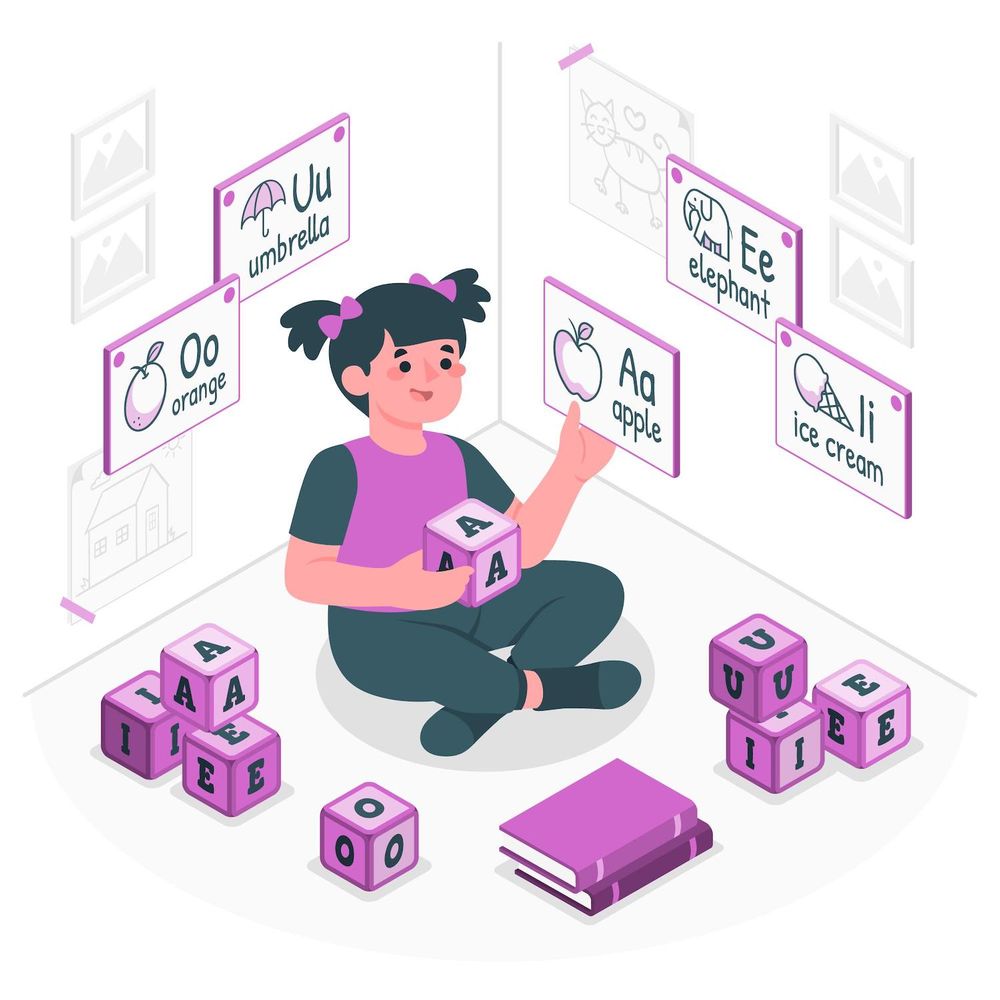The charming film put the "art" in artificial intelligence
What do you get when you mix an AI image generatorwith a 98-year-old woman named Lillian, and Harry Potter? The result is 'HAIRY POUTER,' a short film from director Chris Carboni that layers increasingly whimsical AI-generated imagery with comments on the classic novel by a hilarious nonagenarian.
"Lillian is my grandma," says Chris. "She has always had a very close relationship , and I've recorded her reviewing for around 10 years."
In the time that AI image generators began to dominate the web around mid-2022, Chris saw the stars meet to create a project that would make the most of his long hours of audio and aid in understanding his relationship with this emerging technology. "I had a lot of conflicted feelings about [these generators] and I was looking for an opportunity about them in a small way," explains Chris. "At the moment I was having a conversation with my grandmother who just finished reading 'Harry Potter,' that I bought for the occasion as a birthday present."
After that, the movie began to come together using a quick crew of "my grandmother and my wife and our composer and sound designer and the entire team" - - and the rest is (futuristic) history. With the power of AI remain to advance at an alarming rate and we sat down with Chris Carboni for a chat about everything related to AI and art.
The quality of the images that you see in this video is amazing. What did you use and how did you achieve the results?
Chris Chris: We used MidJourney as it was in its initial version. We started with entering in the words of Lillian's without editing and checking what the program could produce from the only quotes of the interview. We loved the artistic style that it had come up with after only a couple of rounds of regenerating images. Therefore, I had written down the characteristics of the art direction based off this photo it created.
I believe the first photo we got was Ron with his really wafting hair, and he looked incredible. I think it was sort with shoulders up. Also, he clearly didn't wear a shirt. It was like he looked like a beach god. Then, when we saw the opportunity to capture Harry and Ron together, it posed them almost embracing each other and we were like, "Oh, this is wonderful."
We let the AI really create these fascinating ideas, and then when we came across one we liked We pushed the AI to follow that line, so that it would always be entertaining and easy to follow.
What was it like applying AI to this actually human-centric story?
Chris Chris: When I was making this film I had some degree of anxiety [about AIin general]. However, I definitely enjoyed having it in this film. I believe that this was the best use case for the project because the use of AI was crucial to the overall story.
It was exciting, interesting and unique. The project was about the unpretentious but adorable interaction between AI and humans. It wasn't a project where we chose to not invest in an illustrator and tried to use AI instead. It was a project where the use of artificial intelligence was essential to the story telling.
What do you think about AI entering the creative space?
Chris Chris: There's definitely something compelling there, but it's gotten obviously so much more difficult since the generators are used in a wide variety of ways. Their potential has been unleashed and extended to the various uses. This means that the subject is becoming more complex than I think like it once was in terms of my own perception and understanding of the subject.
It seems that anyone who works in a creative environment will have to find out the implications of this for their own work and be prepared to accept that the world is likely to change. With that change comes come opportunities to do incredible new things, but also the automation of a lot of the art that we artists love. That makes me feel a bit unhappy, if I'm sincere. I worry about art being devalued and commodified further than it is already.
Would you use this technology in your work in the future?
Chris: Well I enjoy using AI to improve my email and also as a personal assistant capable of answering questions, explaining complex ideas as well as handling repetitive chores. When it comes to creative work though, I don't fully understand. I don't intend to use it to the extent to replace the human artist on my teams. The results aren't as great.
A large part of what makes our work great relies on collaboration with people. The entire process from beginning to finish using AI is dependent on inputs generated by one's brain. Sometimes, that could be fine however, most of the time the productions are aided by an entire team of professionals who work together, each with their own unique expertise and unique insights to the table.
The most appealing use-cases I can think of are to generate early ideas and kickstarting the process of creating. It could be for raising money for an idea and displaying the initial concepts for getting something off of the ground. However, for animation it is essential to have complete control over the details of a scene, both to produce and creative motives. This level of control will likely be coming soon but isn't there yet.
